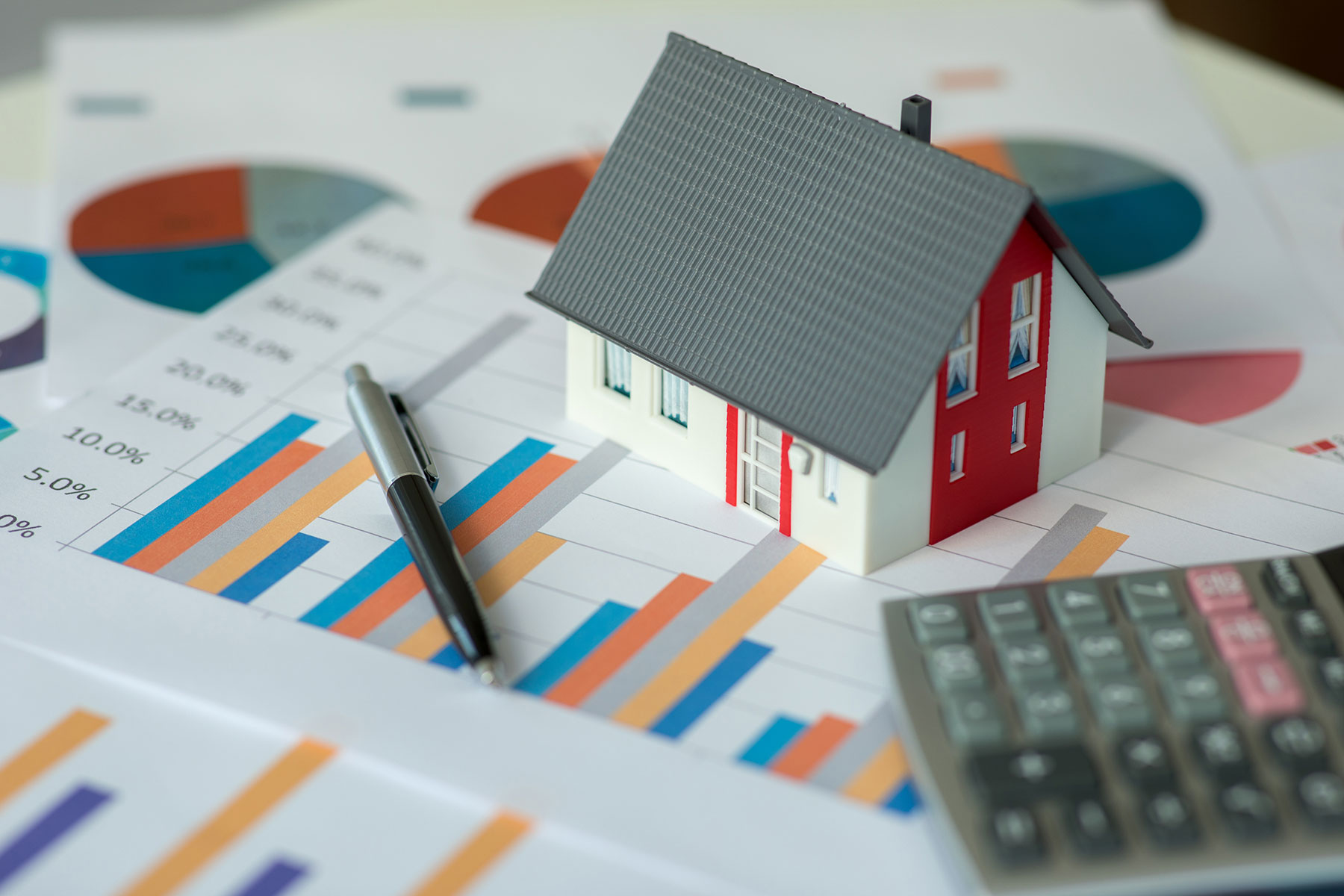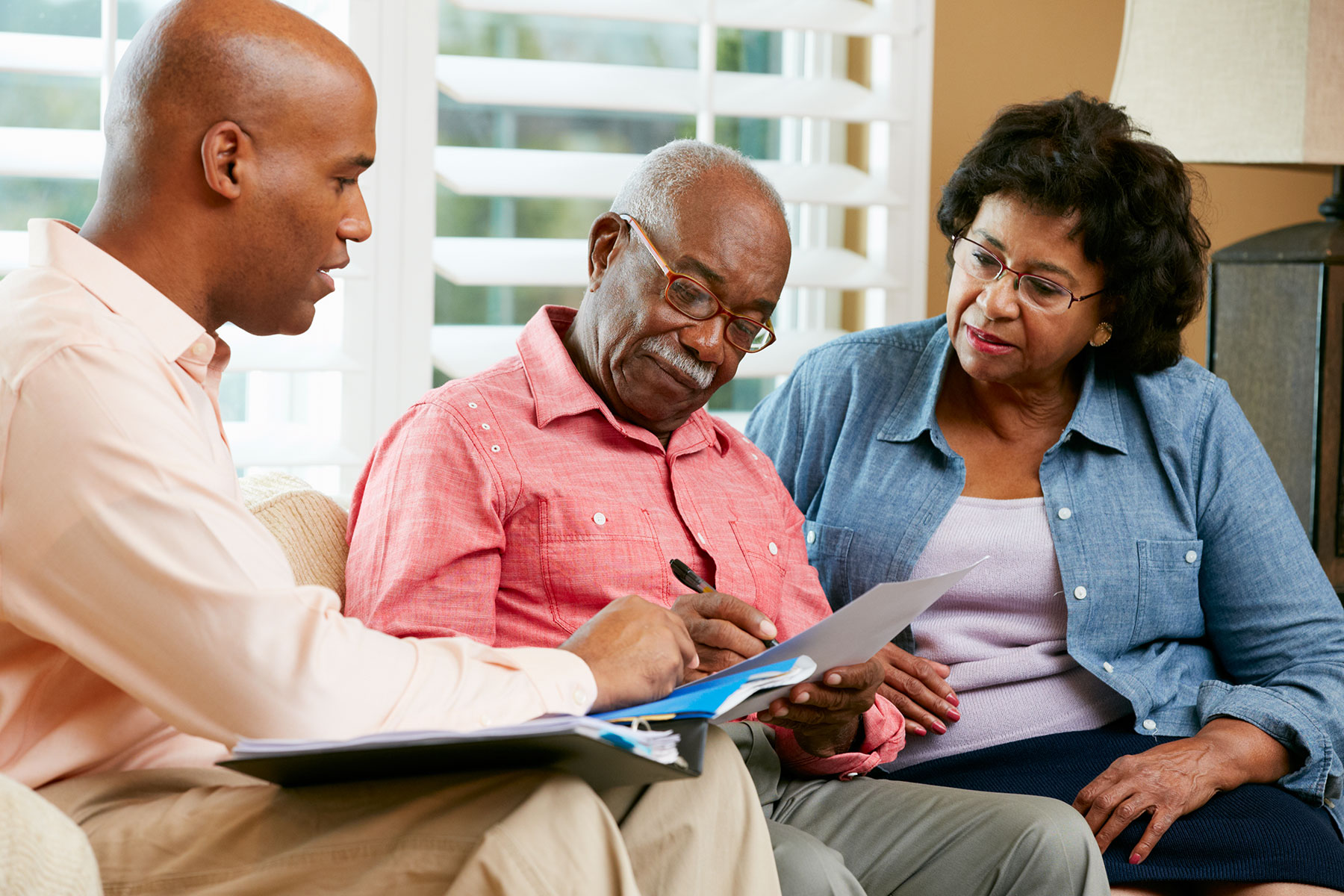Let’s face it: Not everyone has enough savings to live comfortably after retirement. According to an NBC News article, only 18% of the current workforce is “very confident” that they’ll have enough to make it through their golden years. Nearly a quarter are “not at all confident.”
In a time when people are living longer than ever and Social Security is uncertain at best, it’s important to consider other financial options. When you can’t rely on retirement savings alone, a reverse mortgage can help bridge the gap between near-poverty and comfort.
A reverse mortgage allows homeowners age 62 and older to convert the equity in their home into cold, hard cash. This can be a great way to get out from under a mortgage payment, but there are no restrictions on how the funds can be used.
Reverse mortgages, like many financial products, have a tendency to be misunderstood. Here, we’ll shine some light on three of the most popular myths and misunderstandings about the process.
Myth #1: I Won’t Own My Home Anymore
This is unequivocally false. A reverse mortgage does not mean that you’re selling your home or that it will pass out of your family after your death. With a reverse mortgage, your home is used as collateral, so you can’t sell your house without repaying the loan. However, your name will stay on the title, and as long as you repay the loan, your heirs can still inherit the home if that’s your intention.
Myth #2: I’ll Leave My Children in Debt
Again – not true. A reverse mortgage is considered a “non-recourse” loan. This means that you and your heirs have no personal liability. The collateral — your home, in this instance — can be used to repay the loan, but the lender can only recoup funds from the sale of your house, even if its value is less than the amount of the reverse mortgage. Your beneficiaries will never be required to pay a dime out of pocket — and the debt will never end up on their shoulders.
Myth #3: I Can Outlive the Loan and Wind Up Homeless
A reverse mortgage cannot be outlived if you continue to meet the terms of the loan. The loan is not due until you either pass away or no longer live in the house as your primary residence. It is your responsibility to keep up with the homeowner’s insurance premiums, the taxes and any maintenance fees; as long as those conditions are met, no reverse mortgage payments are due.
Since the FHA insures the loan, you’ll never wind up “upside down” on your reverse mortgage, either. You will never owe more than the appraised value of your home, so all other investments you might have are protected from being seized to pay off the reverse mortgage.
Consult a Loan Officer
Although all FHA reverse mortgages have the same basic principles, not all lenders are created equal. If you’re considering the process or just need more information, contact Premier Reverse Mortgage today. We’ll show you how simple it is to live comfortably in the prime of your life.








